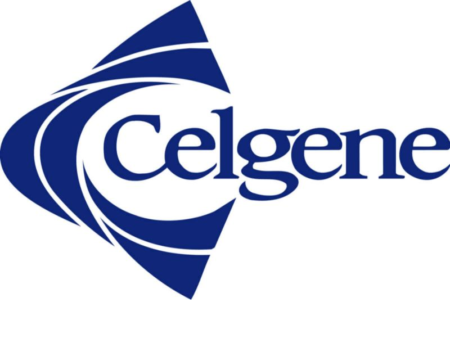

Director – Sequencing Research
April 20, 2018 - May 21, 2018
We seek a talented, collaborative inter-disciplinary scientist to lead innovative application of next-generation sequencing (NGS) methods in close collaboration with Celgene colleagues and strategic research & development partners.
This individual will play a key scientific role in the development of internal sequencing resources and the optimization of Celgene NGS assays with focus on novel protocols to elucidate disease and therapeutic mechanisms during the early stages of drug discovery.
The role presents an exciting opportunity to build a scientific team that partners and collaborates with laboratory and analytical research colleagues to drive new experimental and data capture strategies, alongside assessment and selection of external NGS groups to procure well-established assays at scale.
Key collaborators and stakeholders include researchers in our thematic centers of excellence (TCoEs) and colleagues in the Research Informatics and Knowledge Utilization (RIKU) department, engaged in work towards key objectives for Celgene Research and Early Development (R&ED). Scientific focus is on development of novel therapies for patients with diseases of unmet need in cancer, autoimmune and neurological indications.
As part of the RIKU organization, an additional component of the role will be to partner with bioinformatics and data science colleagues to align data generation with computational infrastructure, and novel experimental methods with innovative analysis and data integration strategies that enable full leverage of NGS output towards research across the R&ED organization and beyond.
The position would suit an individual with demonstrated scientific leadership experience and excellent communication and collaboration skills. Keen interest in inter-disciplinary application of high-throughput molecular profiling methods to life sciences data is imperative. Applications are encouraged from those looking to impact delivery of truly innovative and life-changing therapies for complex diseases of unmet medical need.
Responsibilities include but are not limited to:
- Lead development of novel NGS approaches, experiments and protocols aligned to key scientific research objectives, including adoption of cutting-edge methods from the field.
- Work alongside laboratory and analytical scientists to map NGS approaches to investigational hypotheses and optimize experimental designs.
- Advise on sample extraction, library preparation and QC, and guide collection of supporting metadata across Celgene research groups.
- Assess and select new technologies and external NGS vendors to procure well-established assays at scale, including design and execution of pilot studies.
- Manage the operation of internal next-generation sequencing resources.
- Supervise staff dedicated to NGS core activities and collaboratively develop supporting infrastructures, including LIMS.
- Present strategies, approaches, results and conclusions to Celgene colleagues and external audiences.
- Contribute to enable strategic collaborations with academic and commercial collaborators to benefit therapeutic programs.
Qualifications
- Ph.D. in Biochemistry, Biology or related field from a recognized higher-education establishment with at least 16 years of relevant work experience, required.
- 10+ years research experience of NGS-focused molecular/chemical biology in university, hospital or biotechnology environment
- Wide-ranging experience in application of NGS platforms to complex biological research questions, particularly in the areas of cancer and immune biology required.
- Expertise in the design and procurement of molecular profiling data using contemporary platforms for genomic, transcriptional and epigenetic profiling and including single-cell profiling techniques required.
- Proven ability to lead core activities, supervise research staff, and collaborate successfully with laboratory and analytical research groups required.
- Background in development of novel NGS protocols that enable investigation of scientific hypotheses and elucidation of biological mechanisms required.
- Engagement with and assessment of external technology providers, including design of pilot experiments, to guide and inform selection required.
- In-depth knowledge of contemporary NGS technologies and experimental design considerations, including assessment of 3rd party capabilities.
- Excellent verbal and written communication skills. Fluent verbal and written English language skills prerequisite.
Background experience & complementary knowledge:
- Publication track-record in use of NGS methods to answer complex research questions in cancer biology, autoimmune disease and/or epigenetics preferable.
- Proven experience in development and application of novel NGS protocols that enable investigation of research hypotheses.
- Hands-on experience of sample and library preparation, operation and maintenance of high- and low-throughput NGS apparatus (Illumina preferable).
- Expertise in standard molecular and cell biology techniques including (at least) real-time PCR, WGS, WGBS, ChIP-seq, ATAC-seq, mRNA-seq, total RNA-seq, and single cell RNA-seq.
- Previous experience of staff supervision and operations management in a progressive core NGS facility preferable.
- Awareness of contemporary LIMS schema, open-source bioinformatics tools and database structures.
- Proven problem-solving skills, collaborative nature and adaptability across disciplines.
